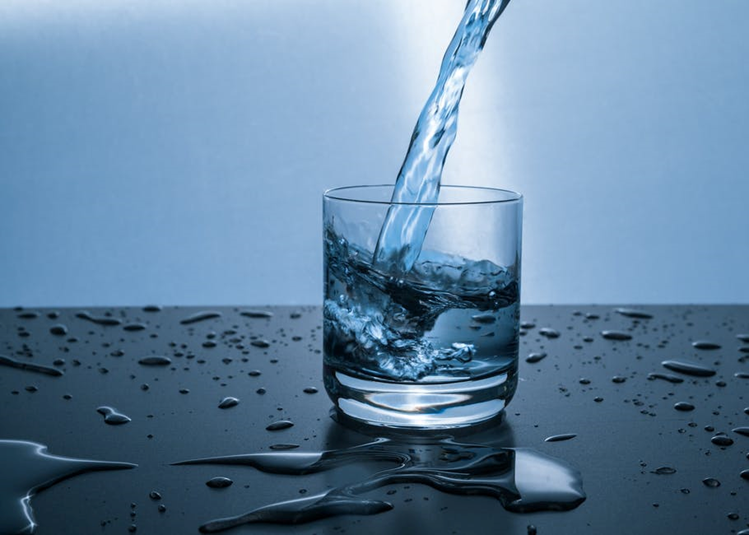New homeowners have to think about a lot of things, and one thing that usually gets overlooked is water quality. However, once you’re all moved in, it’s hard to ignore the bad taste and smell coming from your tap.
If you’re experiencing bad water quality, you might have hard water. Let’s look at the difference between soft vs hard water and how to tell what’s in your tap.
Soft vs Hard Water: What’s the Difference?
Hard water is water that contains more dissolved minerals, like calcium and magnesium. Soft water only contains sodium. Most homes have hard water unless a water softener is installed, but you can check the quality of the water in your area by zipcode here.
The reason most household water is hard is because of the process it goes through before it gets to your tap. Rainwater actually starts off as soft, but it picks up minerals in the ground and in waterways, and by the time it gets to your tap it becomes hard water.
In the United States, hard water is defined as having more than one grain per gallon (GPG) when it comes to the concentration of dissolved solids. If your water has less than that, it is considered soft water. However, more than 7 GPG is considered very hard water.
Benefits of Hard Water vs Soft Water
The minerals in hard water are not bad. They are actually essential for vitality and overall health, but getting too much from your water can cause a buildup in your body that is not good for you.
A high mineral count can also affect the taste and smell of your tap water, making it unpleasant to drink.
There are some other downsides to using hard water throughout your entire home, especially when it comes to cleaning. The calcium buildup can leave your clothes and dishes looking dingy or even stained.
If you’ve struggled with clothes looking dull straight out of your laundry machine or your dishes having spots and streaks straight out of your dishwasher, you might be dealing with really hard water. Your clothes will actually wear out faster if your home has extremely hard water.
Hard water can even leave your hair looking dull after you wash it in the shower. It’s also to blame for the ring of film and soap scup around your bathtub or on your shower curtain.
Soft water helps soap lather up more, so your clothes and dishes are cleaned better, and it can actually save you money on your energy bill. Your appliances will also last longer with soft water since they don’t have to work as hard as they do with hard water.
For more benefits of soft water, check out benjaminfranklinplumbingmi.com.
How to Get Soft Water
In the battle between soft vs hard water, soft water is the winner. If hard water is causing you stress, you can ask your plumber about installing a water softener in your home.
For more home and real estate resources, check out the rest of our blog.


